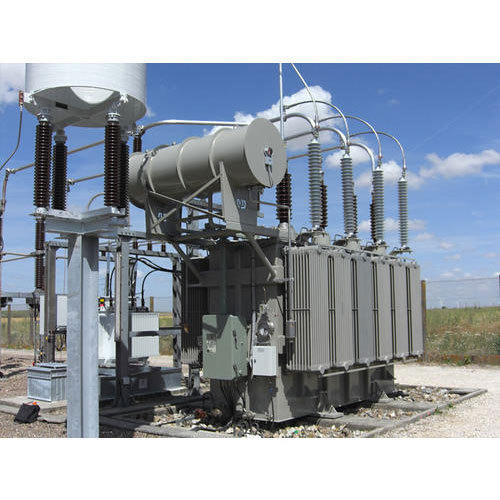Lagos State Commissioner for Energy, Engr. Olalere Odusote, on Wednesday, said the state government was in the process of enacting a law to regulate the electricity market in the state.
Odusote said this while delivering a keynote address at the closing of the 3rd Lagos Real Estate Market Place Conference And Exhibition in Lagos.
The Conference has been tagged: “A Town Hall Meeting On The Lagos Real Estate Emerging Markets – Mitigating The Potential Risks.”
He explained that this became necessary as most private individuals and businesses in Lagos utilized diesel-powered generators rather than electricity from the national grid.
According to him, the two distribution companies in Lagos State – Eko Disco and Ikeja Electric – established nine years ago, sell about 800 to 900 megawatts initially and have only improved to 800 to 1,000 megawatts nine years after.
“Nothing has changed in the national grid sector nine years after.
“However, Lagos State within a spate of nine years had grown from having about 8,000 megawatts of installed diesel capacity to about 23,000 megawatts.
“The diesel market of the off-grid market has grown by about 300 percent but the grid market has not grown at all or just about one to two percent,” he said.
He added that the state injected almost 1,000 transformers into the grid to improve electricity supply to its residents, but without the desired result.
Odusote said a lot of the energy utilized in Lagos came from diesel generators, and that because of the high population of the city, the emission from that energy source had become unsustainable.
The Commissioner explained that Lagos had been projected to be the city with the largest population in the world in 50 years, therefore energy for the housing infrastructure needed for the population must be put into consideration.
Odusote said that was why the state government came up with the Lagos Electricity sector policy, with the aim of providing universal access to electricity for all residents of the state.
He stated that the draft of the Lagos electricity law had been completed and was before the state’s House of Assembly for consideration.
Odusote explained that the bill, when implemented, would take regulation of electricity from the center and domicile it with the Lagos regulatory agency.
“The Nigerian constitution domiciles the responsibility of regulation and distribution of electricity with the state government but when the law was passed in 2002, many states were not ready for the responsibility.
“Many housing estates in the state run on diesel generators because they are unable to benefit from the grid, yet they cannot share from the excess capacity they currently have because the Federal Government does not permit it.
“Lagos is now ready, willing, and in the process of passing the law. It means we will be able to locally determine our faith when it comes to electricity,” he said.
According to him, the Lagos Regulatory Agency will work with the residents and the state government to determine the need of the electricity market and make laws that will enable investors to invest in identified gaps.
The commissioner said the state was working with the Federal Government to ensure its laws were reviewed and the new law passed at the National Assembly aligned with the state’s law and in line with the development of the sector.
Odusote explained that the state was working with the built environment and other private sector operators to create a framework that would ensure that by 2036, everybody that wanted electricity in Lagos got it.
In her address, the Special Adviser to Gov. Babjide Sanwo-Olu of Lagos state, Mrs. Toke Benson-Awoyinka, said the state government was determined to ensure sanity was restored to its real estate environment.
Benson-Awoyinka said the state government planned to achieve this with the review of the Lagos State Real Estate Regulatory Authority (LASRERA) law.
She noted that if regulations and policies of the state government were not effectively regulated, the sector would continue to record loss of money and investment opportunities.
“Laws such as LASRERA law, Mortgage Insurance Policy, and Land Matter law guarantee, safeguard and protect those people involved in business transactions in case of disasters in construction projects, acquisition or sale, rental on residential or commercial purposes,” she said.








